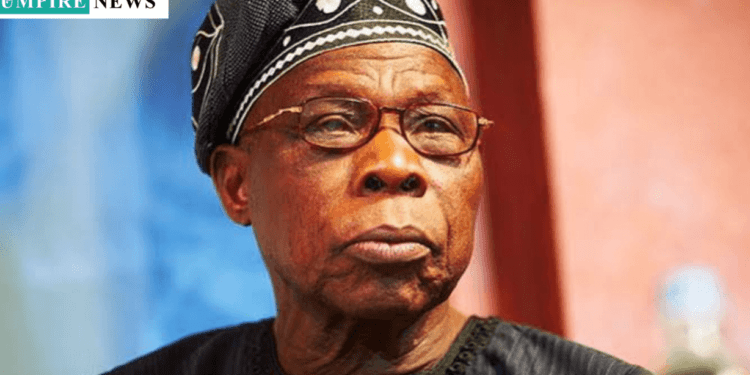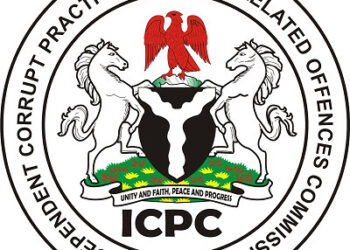Former President Olusegun Obasanjo disclosed that the Nigerian National Petroleum Corporation (NNPC) turned down a $750 million offer from Nigerian billionaire businessman Aliko Dangote to manage the Port Harcourt and Kaduna refineries back in 2007. Obasanjo revealed that Dangote, recognizing the inefficiencies in the NNPC’s management, assembled a team to participate in a Public-Private partnership (PPP) aimed at revitalising the refineries, but the proposal was rejected by the state-run corporation.
Obasanjo explained that Dangote’s team was prepared to invest the significant sum to take over the management of the refineries, which had been struggling with underperformance and poor maintenance. Despite the NNPC’s awareness of its inability to effectively manage the facilities, it insisted on keeping control, leading to a missed opportunity for private sector intervention.
The former president, who was in office from 1999 to 2007, revealed that the rejection of Dangote’s offer occurred during his administration’s final years. He further explained that after he left office, his successor refunded the $750 million to Dangote’s team, which was originally intended as part of the PPP arrangement.
“I went to my successor and told him what had transpired,” Obasanjo said. “He told me that NNPC had insisted they could manage the refineries, but I knew they couldn’t,” he added.
Obasanjo’s comments shed light on one of the key turning points in the country’s oil industry, with private sector involvement in the management of refineries seen as a possible route to solving Nigeria’s longstanding issues of inefficiency in refining and distribution. The decision to reject Dangote’s proposal has continued to spark debate among industry analysts and critics who argue that such partnerships could have helped Nigeria avoid the ongoing fuel importation and refinery capacity issues.




































